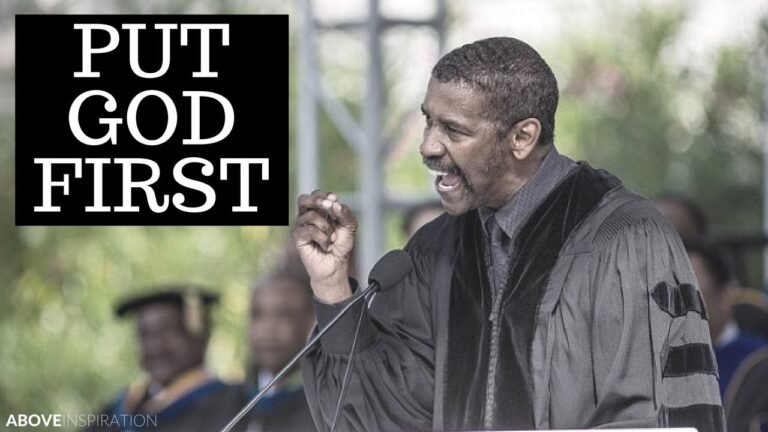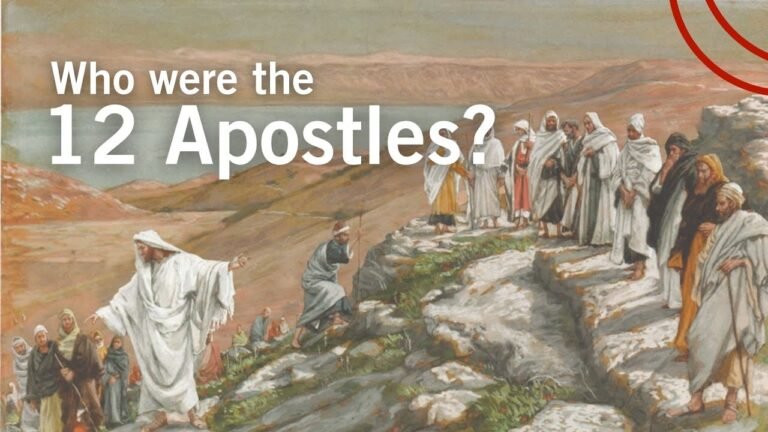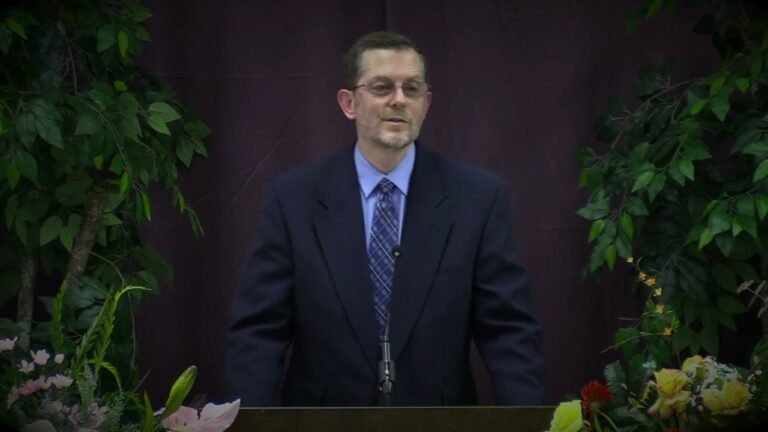The Roman Catholic Church’s Stance on Abortion: A Critical Analysis
The Roman Catholic Church has long been at the forefront of the abortion debate, advocating for the sanctity of life from conception to natural death. With its rich theological foundations and moral teachings, the Church asserts that every human life is a gift, deserving of protection and dignity. As societal attitudes shift and legal frameworks evolve, the Church remains a vocal opponent of abortion, emphasizing the need for compassion, support for mothers, and alternatives to termination. This article explores the Church’s enduring stance on abortion, its implications for the faithful, and the broader societal conversations surrounding this contentious issue.
What is the Catholic Church’s stance on abortion?
The Roman Catholic Church opposes abortion, believing that life begins at conception and that all human life is sacred.
What is the Catholic Church’s stance on abortion?
The Catholic Church has maintained a consistent stance against abortion since its early days, firmly rooted in its belief in the sanctity of life. This position is supported by scripture, particularly Jeremiah 1:5, which emphasizes the notion that life begins at conception. The Church teaches that every human being has inherent dignity and value, a belief that extends to the unborn.
The United States Conference of Catholic Bishops articulates this doctrine clearly, reinforcing that abortion is seen as a grave moral wrong. They argue that terminating a pregnancy disrupts the divine plan for life and undermines the fundamental respect owed to all individuals, regardless of their developmental stage. This perspective is not just a matter of doctrine but a deeply held conviction that influences the Church’s advocacy for the protection of life.
In advocating for this viewpoint, the Catholic Church also emphasizes the importance of compassion and support for expectant mothers facing difficult circumstances. While firmly opposing abortion, the Church encourages a culture of life that provides resources and assistance to help women choose alternatives. This holistic approach reflects a commitment to both the unborn and the well-being of families, fostering an environment where life is cherished and nurtured.
Can a Catholic priest grant absolution for someone who has had an abortion?
In a significant shift within the Catholic Church, Pope Francis has granted all priests the authority to absolve the sin of abortion. This groundbreaking decision reflects a more compassionate approach to a deeply sensitive issue, allowing individuals who have undergone the experience of abortion to seek forgiveness and healing directly from their parish priests. This move aims to provide greater pastoral care and support to those burdened by guilt and remorse, emphasizing the Church’s commitment to mercy.
Historically, the Vatican viewed abortion as a grave sin requiring absolution solely from bishops, highlighting the seriousness of the act. However, this new directive underscores a broader understanding of forgiveness and the importance of accessibility within the sacrament of confession. By empowering all priests to offer absolution, the Church is fostering an environment where individuals can confront their past, find solace, and reintegrate into the faith community without fear of exclusion.
Is birth control permitted by the Catholic Church?
The Catholic Church maintains a firm stance against the promotion of contraceptive practices, as outlined in the Ethical and Religious Directives for Catholic Health Care Services. This directive emphasizes that Catholic health institutions should not condone birth control methods but instead focus on providing guidance and support to married couples and medical staff. By fostering an environment of education and moral consideration, the Church aims to uphold its teachings on the sanctity of life and natural family planning, encouraging couples to explore alternatives that align with their faith.
Examining Doctrine and Dilemmas
In the complex interplay of faith and reason, examining doctrine reveals both the strength and the vulnerabilities of belief systems. As communities grapple with age-old dilemmas, such as the balance between tradition and modernity, the challenge lies in maintaining core values while adapting to contemporary issues. This ongoing dialogue fosters a deeper understanding of morality and ethics, inviting individuals to reflect on their convictions and the implications of their choices. Ultimately, navigating these intricate relationships not only strengthens personal faith but also enriches communal ties, creating a tapestry of perspectives that can lead to transformative growth.
Faith, Ethics, and Life Choices
Faith shapes our understanding of right and wrong, guiding us through the complexities of ethical dilemmas we face in our everyday lives. It acts as a compass, helping us navigate difficult decisions and instilling a sense of purpose in our actions. When we ground our choices in our beliefs, we cultivate a deeper connection to ourselves and those around us, fostering a community built on shared values and mutual respect.
As we confront life’s challenges, the interplay of faith and ethics becomes even more pronounced. Each choice we make not only reflects our individual principles but also impacts the broader society. By embracing our convictions and actively engaging in ethical discussions, we empower ourselves to create meaningful change, ensuring that our life choices contribute positively to the world and align with our deepest beliefs.
Navigating Controversy: Church Perspectives
Controversy often serves as a crucible for faith communities, challenging them to articulate their beliefs in the face of societal change. Churches find themselves at the intersection of tradition and modernity, grappling with issues such as social justice, gender equality, and environmental stewardship. These challenges can lead to vibrant discussions that enrich spiritual life, pushing congregations to reconsider long-held doctrines and embrace a more inclusive vision of faith.
In addressing controversy, many churches emphasize the importance of dialogue and understanding. By creating spaces for open conversation, they foster an environment where differing perspectives can coexist and be respected. This approach not only deepens the community’s commitment to its values but also encourages members to engage thoughtfully with the world around them. It highlights the necessity of compassion and empathy, reminding congregants that faith is not just a set of beliefs but a living practice that responds to the needs of society.
Ultimately, navigating controversy allows churches to reaffirm their mission in an ever-evolving cultural landscape. By responding with humility and openness, they can transform potential divisiveness into opportunities for growth and renewal. This proactive stance enables faith communities to remain relevant and impactful, bridging the gap between ancient teachings and contemporary challenges while fostering a sense of unity and purpose among their members.
The ongoing debate surrounding abortion within the Roman Catholic Church highlights a complex interplay of faith, morality, and individual rights. As the Church grapples with evolving societal norms and personal circumstances, the dialogue continues to challenge centuries-old doctrines. Ultimately, the Church’s stance on abortion remains a pivotal issue, provoking thought and discussion among its followers and beyond, as it seeks to balance tradition with compassion in an ever-changing world.







